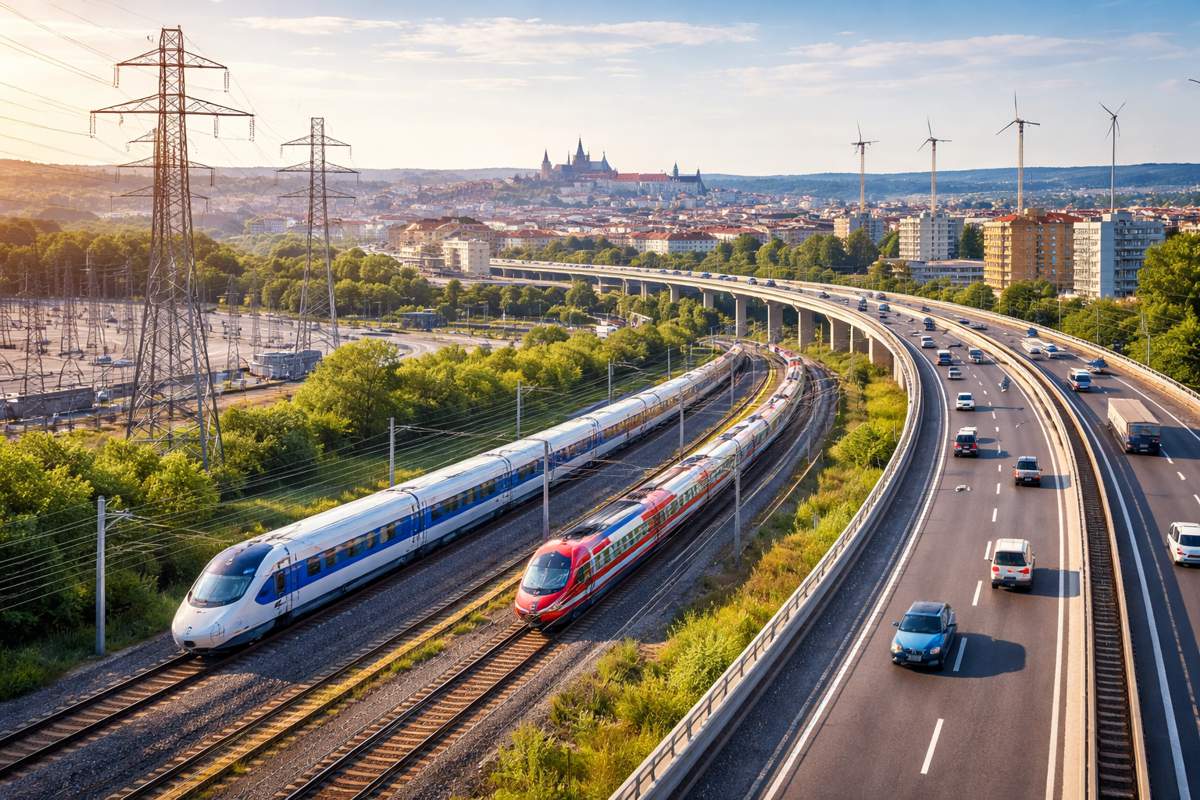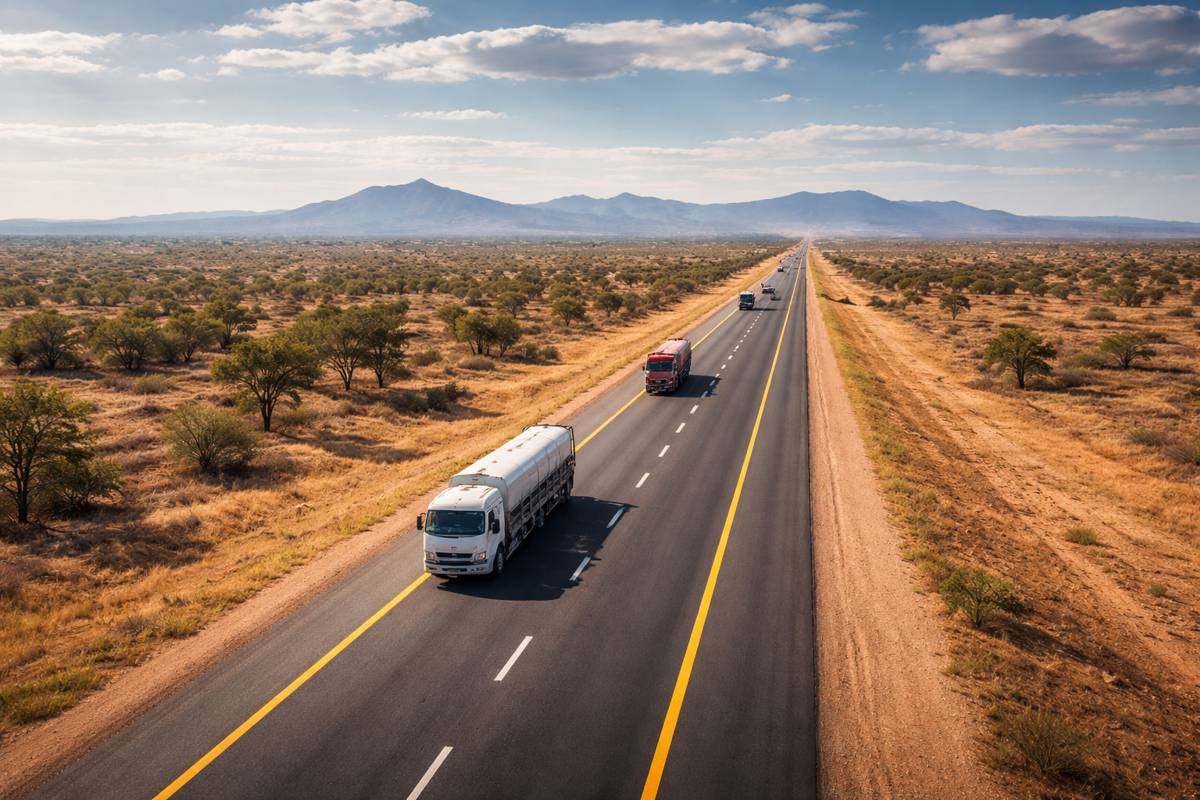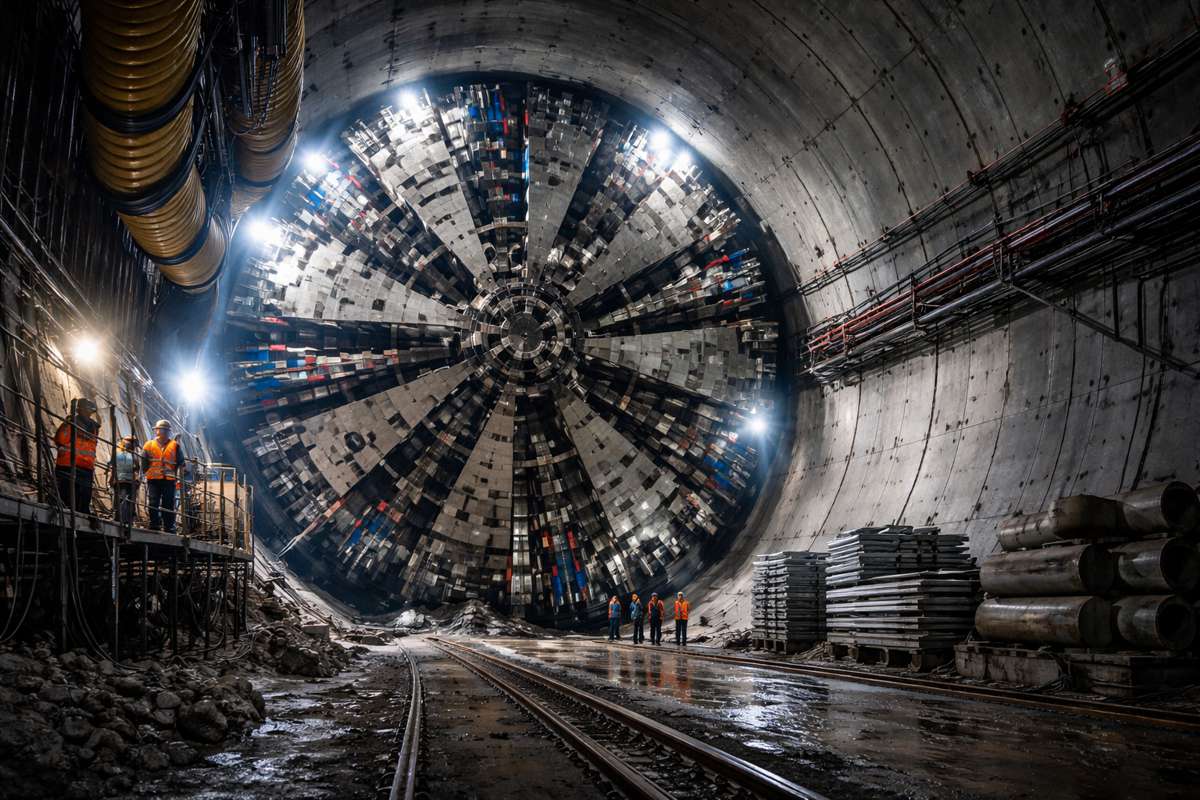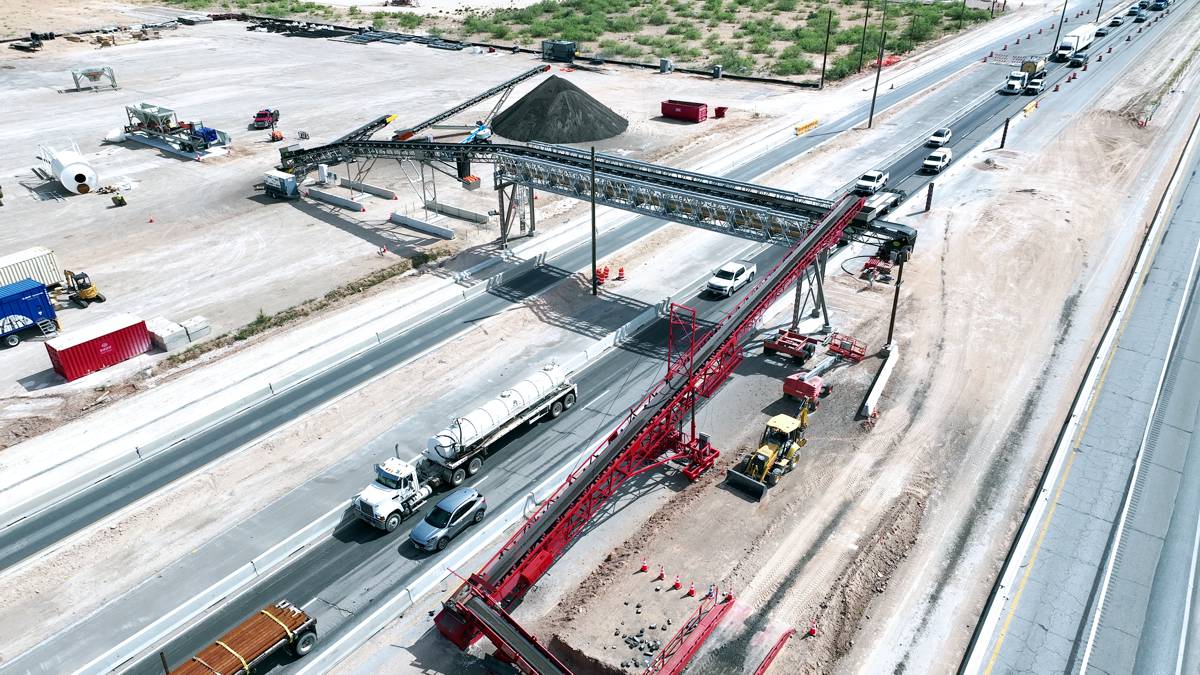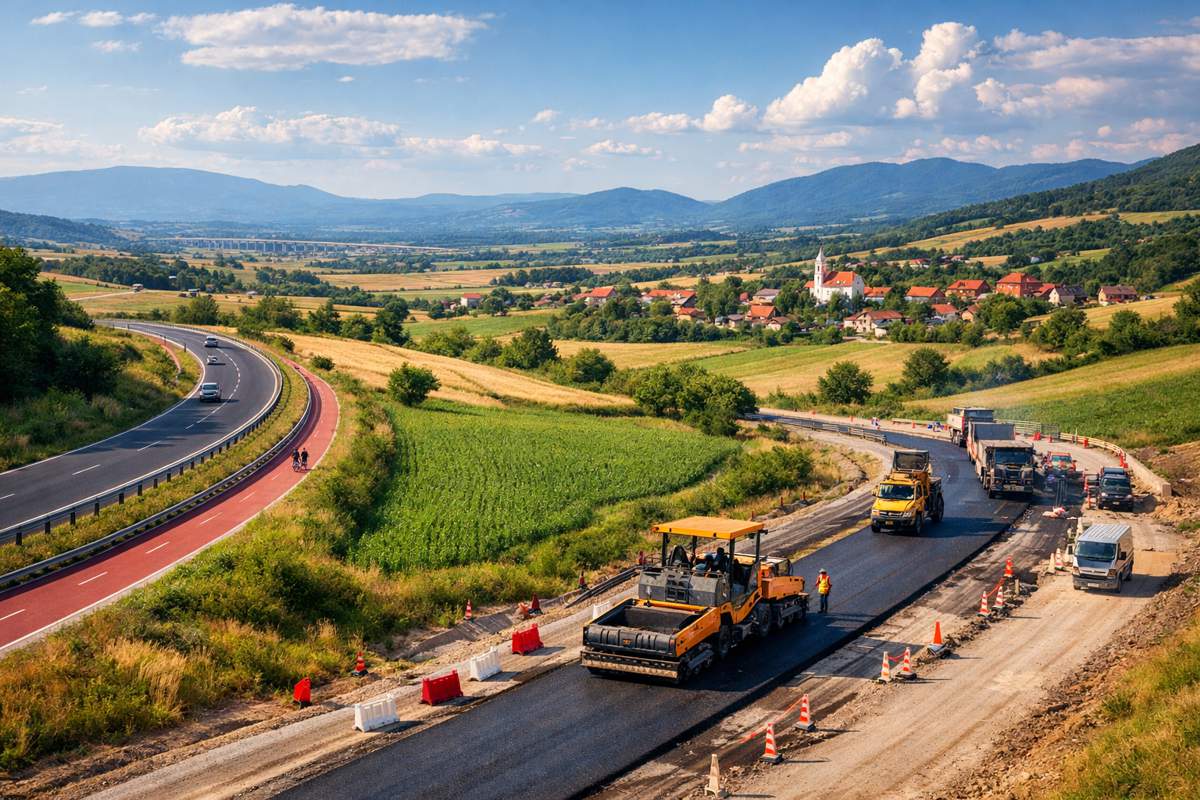Are prefabricated sustainable plastic roads the future?
As new innovations go PlasticRoad actually has numerous advantages when compared to conventional roads, both in terms of construction and maintenance.
The idea for the concept was conceived by Anne Koudstaal and Simon Jorritsma of KWS Infra in the Netherlands, who claim that PlasticRoad, which consists of 100% recycled material, is the ideal sustainable alternative to conventional road structures and opens the door for a number of new innovations such as power generation, quieter road surfaces, heated roads and modular construction.

While asphalt is a great product to build roads, KWS Infra believe that contractors have to meet more and more demands concerning noise reduction, water permeability, and flatness. These questions and conditions were the inspiration which have led to the idea of the PlasticRoad.
The PlasticRoad design features a ‘hollow’ space that can be used for running cables and pipes and channelling rainwater and is a lightweight design, which can be laid quickly and it is claimed it is virtually maintenance free, with three times the expected lifespan.

The prefabricated PlasticRoad concept has been designed in line with initiatives such as Cradle to Cradle and The Ocean Cleanup: the initiative to free the seas of ‘plastic soup’.
Recycled plastic is made into prefabricated road parts that can be installed in one piece that would last 50 years and be recyclable into a new PlasticRoad module. The prefabricated production and the lightweight design also make the construction of a PlasticRoad into a much simpler task. Roads can be built in weeks instead of months. It is also much easier to control the quality of the road (stiffness, water drainage etc.)
The plan is to place the PlasticRoad directly on a surface of sand, which removes the need for a foundation, as well as the current heavy construction that no longer needs to be produced. This means less transport to the construction site, but also less transport from the location where resources are extracted to the production plant. This significantly reduces the number of transport movements involved.

More resistant to the elements and wear PlasticRoad is being designed to be a virtually maintenance free product and unaffected by corrosion and the weather. The road structure can handle temperatures as low as -40 degrees and as high as 80 degrees Celsius. It is also much more resistant to chemical corrosion. Estimations predict that the lifespan of roads will be tripled. That means less road maintenance and less to no traffic jams and detours.
A major advantage of PlasticRoad is the hollow structure can simply be installed on a surface of sand. In addition to the options mentioned above, it is also possible to integrate other elements in the prefabrication phase. These elements include traffic loops sensors, measuring equipment, and connections for light poles.
The main advantages claimed for PlasticRoad are:
- Lightweight prefab construction.
- Faster construction (months shorter) and less maintenance time.
- Higher quality and a longer lifespan (homogeneous and prefab.)
- Little to no maintenance required. The material is almost impervious to conditions such as the weather and weeds.
- The innovation is considerably more sustainable. PlasticRoad consists of 100% recycled plastic and is fully reusable. It is perfectly in line with the Cradle-to-Cradle philosophy and the principles of the circular economy.
- Double use of space. The hollow space in the design can be used to store water or as space for cables and pipes.
- The possibility of constant (traffic) safety and water drainage.
- Everything in relation to the road can be made prefab (road markings, guardrail.)
- The concept offers opportunities for further innovation. Examples include solar heated roads, light poles and traffic loop sensors.
- Contribution to the societal problem of plastic waste.
KWS Infra believes in the feasibility of the PlasticRoad idea and agree making substantial investments for further research to reveal whether the concept is feasible in practice.
To make the PlasticRoad skid resistant they are looking at applying sand or crushed stone to the surface by pressing or printing, thus providing the required roughness and integrate the roughness in the road itself.
Sustainability and the environment are of paramount importance to KWS Infra who are investigating to what extent wear will occur and the potential risks such as loose particles wearing from the road which could cause major environmental problems. A wear layer or special coating might be able to prevent this and research will have to show how durable the material is and what the consequences are.
In case of fire a fire retardant or fire resistant coating might be used to prevent damage and it is unclear how often this will be an issue and to what extent harmful plastic substances will be released.
At the moment KWS Infra are working hard on the business case for the PlasticRoad and are researching the best way to produce the PlasticRoad. As soon as the idea is proved to be feasible, they will arrange a pilot. The City of Rotterdam has already offered a pilot location to test the PlasticRoad.
KWS Infra is owned by the VolkerWessels Construction company who are dedicated to building a better environment. With a team of fifteen thousand, they are focused on achieving sustainable ambitions. This includes themes such as the supply chain, resource management, CO2 emissions, and energy consumption, to minimise the negative impact on the environment through awareness and by using smart techniques and concepts.


















